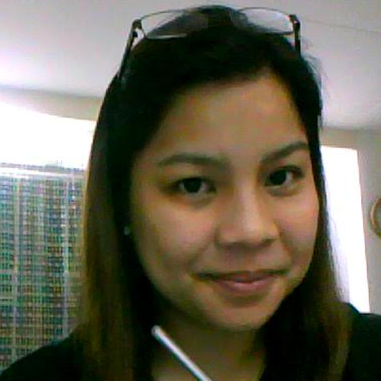

About a week or two ago, I was able to get into a Viber account meant for residents of our barangay.
I thought it was a blessing because I was finally going to be able to get to know who my neighbors were. Even if I've lived here for more than 4 decades, old neighbors have been putting up higher walls or selling their houses to new owners I've never met. (The high walls were due to past robberies.) Plus, people rarely go out walking; they usually drive out with their cars, so there's no chance of even knowing what they look like through their tinted windows.
I also thought it would be nice to air out certain frustrations, particularly how we hadn't been feeling our barangay officials' presence during the pandemic.
People who have worked with me in the past know that I tend to be sociable and prone to volunteering. Having been educated in schools that upheld the mottos "Be men/women for others," and "Let your light shine and be a blessing to others," it was natural for me to try and make the world a little better.
Yet, spreading sunshine in my neighborhood turned awkward in a week, because the help I and another resident were extending began to be misunderstood as us planning to run for elections.
Yikes! Now the both of us were scared.
That's when I realized how messed up Pinoys' attitudes were towards community and politics. People automatically think that being of volunteer service to your neighbor is equivalent to preparations for an electoral campaign.
No wonder we end up with bad leaders! You just offer a bit of help and smile nicely, and everyone thinks you can be a government official.
Now, more than ever, people should learn that civic voluntarism, popularity, and a good face or surname are not credible eligibility points for an electoral position. (READ: [OPINION] Poverty and the 'trapos')
Yes, being able to do civic voluntarism is a great way to win a post, because it means you have a good heart. Yet, it is not the only thing you need to be a good leader.
Good political leadership requires much more than civic voluntarism. It requires a clear understanding of duties and responsibilities, superb management/organizational skills, presence of mind under pressure, great communication skills, and a distinct set of moral values, among other things. (READ: Duterte chaos leaves barangay officials 'helpless' amid lockdown)
Being a leader, even just at the barangay level, is not simple. It is a huge responsibility to be the direct hand of the government to the people. The barangay may be the smallest political unit, but it is the most important in times such as these.
If barangay officials do not work well in emergency situations like a pandemic, the people will not be cared for. It will create unrest. It can increase the crime rate. It will reflect upon the performances of both the local and national government.
Volunteering to serve your neighbors so that you can help each other in pandemic times is good but definitely not enough to earn a government post.
So now, even though my neighbors are contemplating on changing our barangay's leadership, I feel that we won't be choosing a new leader well, either. A new attitude and redefinition of leadership have to happen first.
I just hope someone with better leadership skills can step up soon, so I can be at peace knowing we have someone worthy of the power and responsibility of taking care of our community. – Rappler.com
Kristine Villaba Fabregas is an entrepreneur and copywriter who graduated high school from St. Theresa's College, QC and earned her AB Communication degree from Ateneo de Manila University.

















